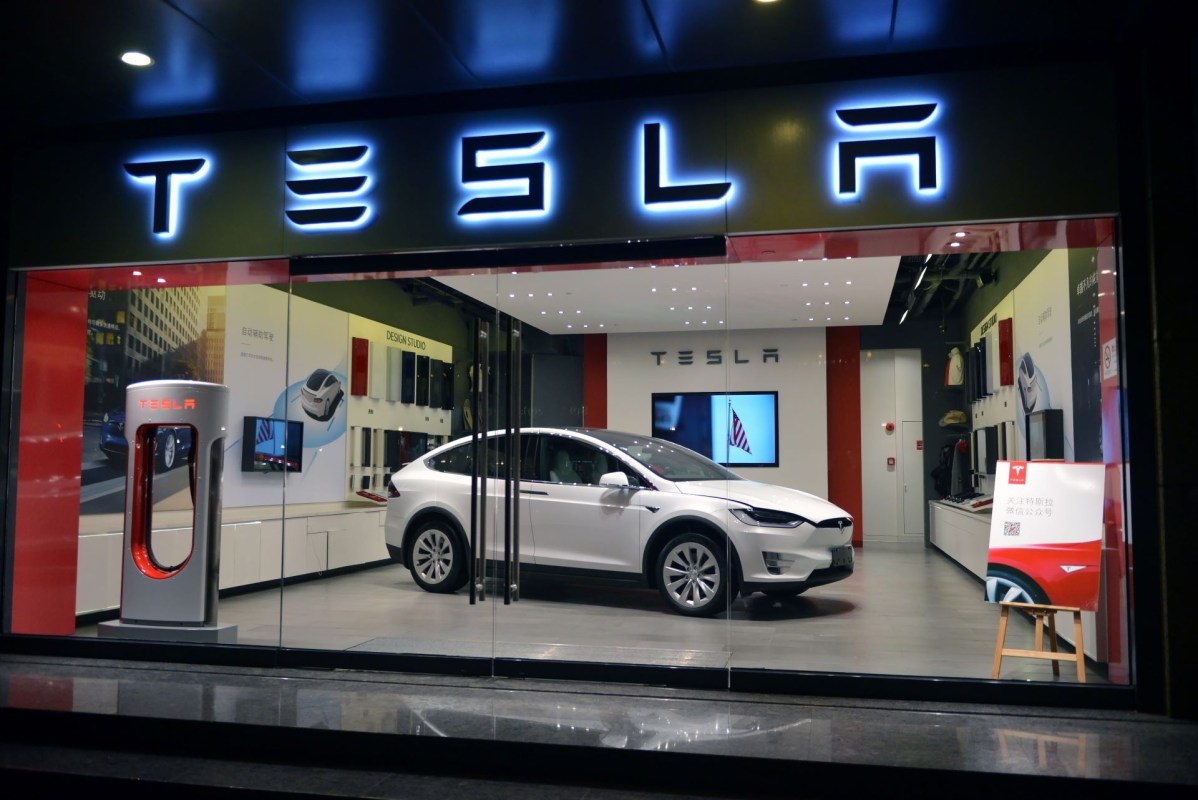Tesla, the electric vehicle (EV) company led by Elon Musk, has hiked the price of its Model 3 and Model Y vehicles in the U.S., China, Japan, and Canada, even though prices remain lower than at the beginning of this year.
Since January, Tesla has slashed its prices with the goal of driving demand. Musk has expressed willingness to increase sales volume at the expense of higher margins but has also wanted to raise prices where possible.
In China, the world's second-largest economy, Tesla's Model 3 increased from 229,900 Chinese yuan ($32,658.57) to 231,900 ($33,549.86), CNBC reported on May 2. The Model Y and the long-range and performance editions of the Model 3 had also risen by 2,000 yuan (about $300), according to CNBC.
Those with a stake in Tesla are likely feeling whiplash as Musk had previously reduced the price six consecutive times in the U.S. and China, followed by the recent series of hikes in both countries.
The price increase in Tesla's climate-friendly automobiles could translate to a drop in overall purchases.
In the United States, historically the world's number one source of planet-warming air pollution, the transportation industry produces close to 30% of all emissions.
According to the United Nations, the global transportation industry represents about 23% ofl human-induced carbon pollution worldwide. Meanwhile, the organization also wrote in late 2021 that "by achieving a 60% share of battery-electric and plug-in hybrid vehicles on the road, more than 60 billion tons of C02 could be saved between now and 2050."
While it's true that the manufacturing of batteries required for EVs has a larger carbon footprint than those used in gas cars, EVs are still much less carbon-intensive and better for the environment in the long run.
In a note to clients, Deutsche Bank analyst Emmanuel Rosner said, "We believe that the hikes show that prices are not guaranteed to fall further, signaling to buyers that purchasing decisions should not be delayed further, while also possibly indicating that the order book is starting to stabilize."
Some analysts suggest that the constant shift in price may discourage consumers from purchasing Tesla's more climate-friendly vehicles.
"For customers, it becomes like, 'Wait, I thought you guys did set pricing, but I [can't] even keep up with the price of this car it changes so much," Ivan Drury, an automotive analyst for Edmunds, an online vehicle marketplace, recently told Business Insider.
Join our free newsletter for cool news and actionable info that makes it easy to help yourself while helping the planet.









